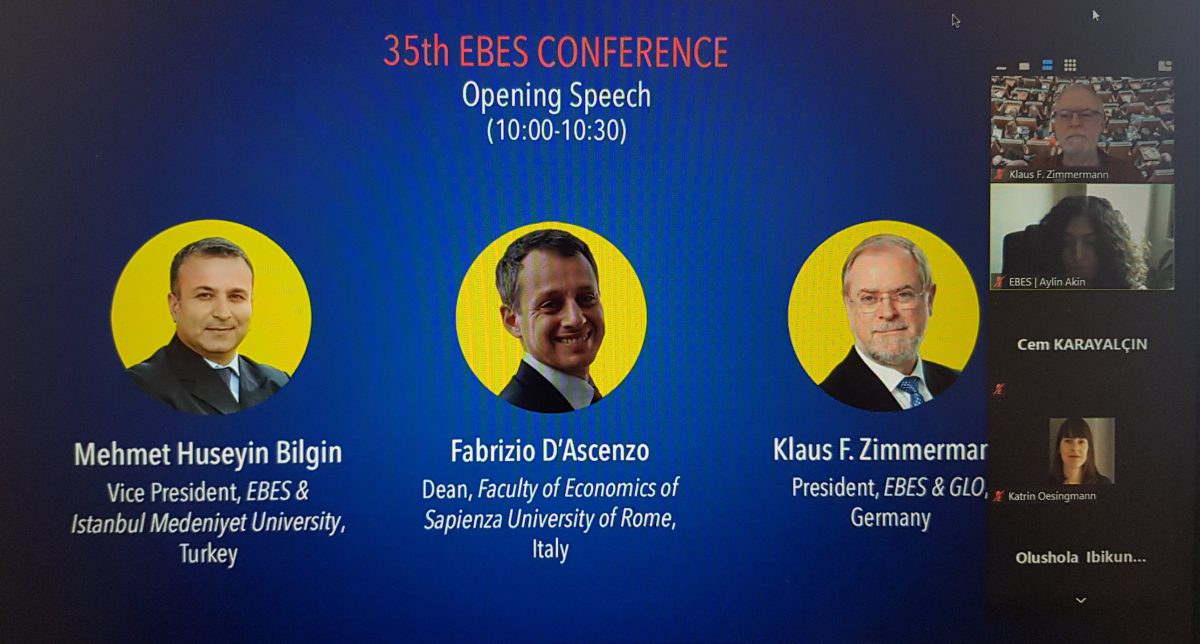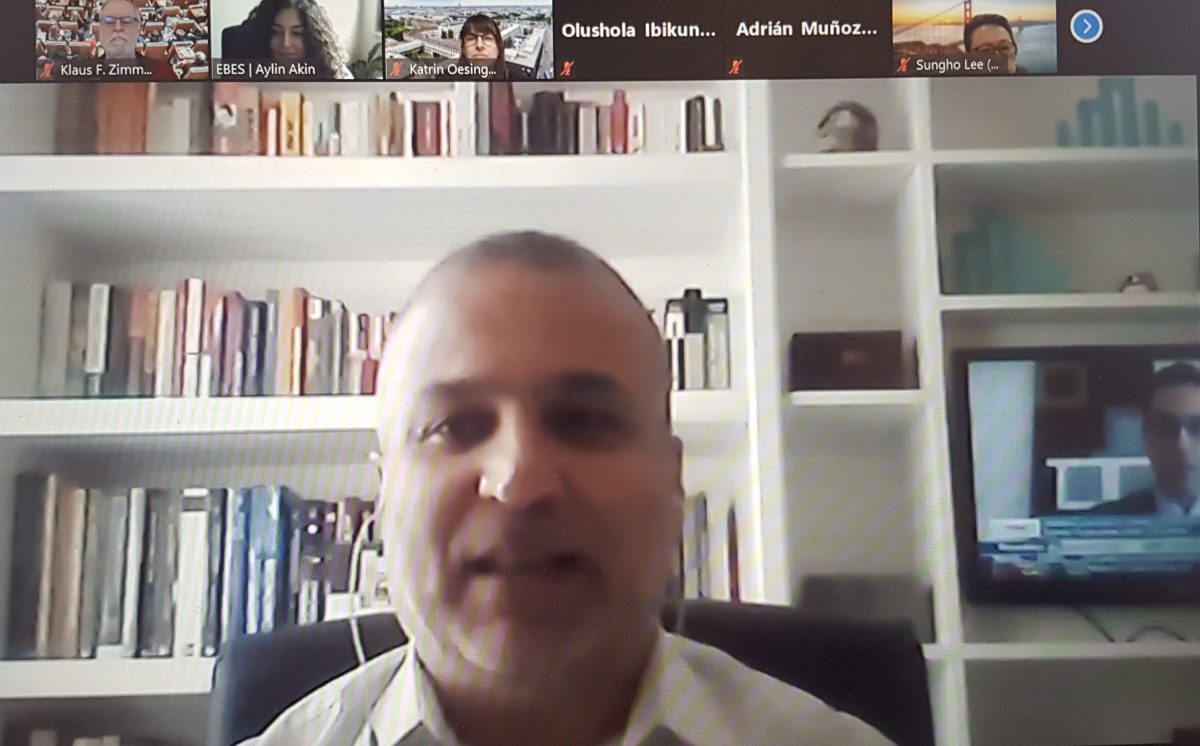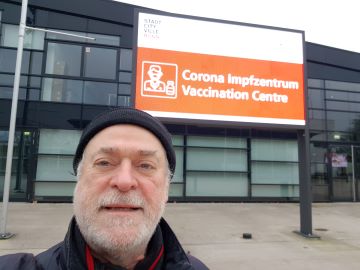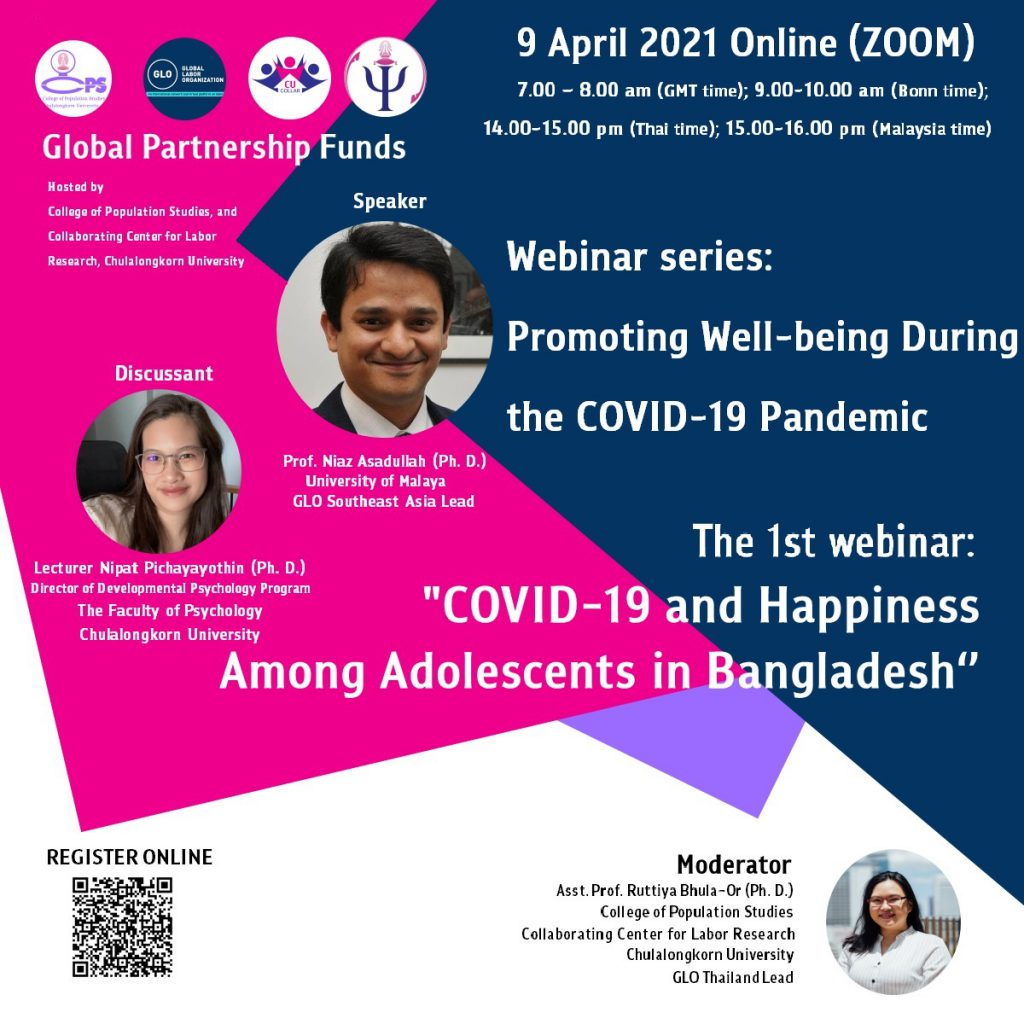Kanika Joshi, Head of Partnerships and Communications, Chicago/USA, of Includovate, and Klaus F. Zimmermann, GLO President, recently met to discuss perspectives of collaboration between both organizations with strongly overlapping objectives. Includovate joins the set of institutional supporters of GLO; GLO does the same for Includovate. Elena Nikolova, Mauritius, Includovate‘s Quantitative Research Director, is a long-term GLO Fellow and contributor to various GLO research activities.
Includovate is a research incubator that designs solutions for inequality and exclusion among other areas. Includovate was established in 2019 to address an identified gap in the market: namely the development of participatory and innovative methodologies to understand the root causes of social exclusion and to develop change processes to support organizations, sectors and communities to tackle these challenges. Includovate relies on an extensive pool of talented experts – anthropologists, human geographers, sociologists, economists, evaluators, health specialists, and gender and inclusion researchers delivering robust research, conducting evaluations and building capacity for gender equality and social inclusion research and practice. Includovate is 100% female owned and headquartered in Ethiopia and Australia.
Ends;



















